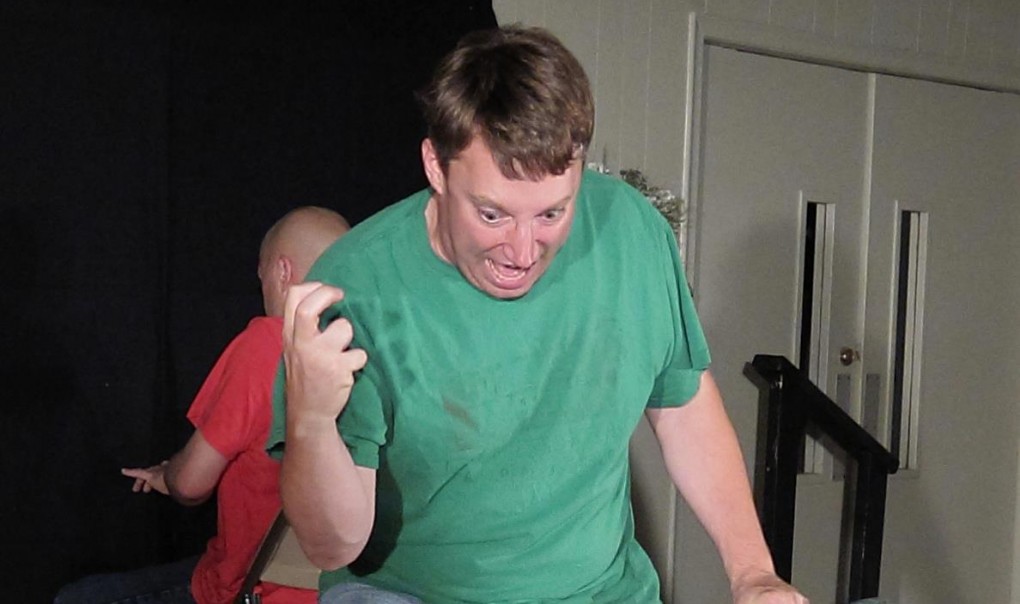Every story has a beginning, middle, and end. It’s an obvious statement to make, but it’s the bane of most creators working on popular characters today. With exceptions like Harry Potter, most iconic characters in western culture, from Homer Simpson, to James Bond, and Superman, have stories that never end. If they ended, really ended, that would mean the end of some very lucrative franchises. As a result, those characters stay stuck on the part of their story Joseph Campbell referred to as the “Road of Trials,” where the hero faces a long series of confrontations from a variety of enemies. When that gets old, they reboot and start over from the beginning.
This continuous publication has been particularly tough on Spider-man. Marvel has been struggling for years to keep his story engaging, from magically erasing his marriage to having Dr. Octopus take over his body. Movies and animated TV shows keep rebooting him to a teenager, but the comics’ story is part of the larger Marvel continuity. You can’t take Peter Parker back to a kid without dragging the whole universe with him.
Every character goes through ruts, but Spider-man’s ruts outnumber his peaks by a large margin. A truly great Spider-man story is rare. Think about it: what is Spidey’s equivalent to The Dark Knight Returns or All Star Superman or even The Winter Soldier? I’d argue the 616 Spider-man hasn’t had much in the way of truly great stories since maybe the Gerry Conway era.
Spider-man is, without a doubt, one of the great fictional characters of the last one-hundred years. Some would argue he’s the greatest comic book character of all time. So what is it that keeps him from knocking it out of the park?
The key to understanding any superhero is understanding what their story is about. Superman’s story is about the ideals of Twentieth Century America. Batman is about a man of privilege getting a cold dose of reality, and then using his privilege to help his city, no matter what the cost to himself.
Spider-man has a shorter shelf life because his story is about growing up. In his teenage years, he gets a surprise dose of power (puberty), pays the price for wielding it recklessly (which of us didn’t hurt someone in our teen years?), and then tries to find a balance between being responsible and happy. Once he becomes a successful adult, the story is over. So, Spider-man’s problem isn’t that he’s stuck on the Road of Trials. His story ended and the books just kept going.
So when does he become a successful adult? When he gets the girl. The girl in this case being Mary Jane Watson. Yes, he’ll continue to have problems, because becoming an adult isn’t about not having problems. It’s about finding a balance between what he must do and what he wants to do. Mary Jane is an independently successful, smart, and assertive woman who will be his rock when he’s at his weakest. It’s the ultimate happiness for Peter. The end.
This puts the character’s writers in a pickle. In order to keep the story going, it has to become about something else. If it becomes about something else, it’s not the classic dynamic Spidey fans are looking for. As a result, the stories tip too heavily towards soap-opera style plots, where superficial threats drive the action. Only a handful (maybe Kraven’s Last Hunt or The Death of Jean DeWolff) have any emotional punch.
Yes, the McFarlane/Larsen era proved a sales boom, but that had more to do with the book’s visuals and EXTREME (!!!) villains. Superior Spider-man was also popular, but that was Otto’s story, not Peter’s. The most highly regarded book about Peter from the last twenty years seems to be Ultimate Spider-man, because it could set the clock back.
I’d even argue that Spider-man 3’s Achilles heel wasn’t too many villains or the part where he turned “evil,” but that Spider-man 2 brought the story to its natural conclusion. There was nothing left to say.
So what is Marvel to do? Sure, they can undo Peter and MJ’s marriage, but that’s a temporary, and gimmicky, Band-Aid. In order to continue Peter’s story, you have to change the theme, and that means moving the character in a direction a lot of fans aren’t comfortable with.
J. Michael Straczynski came the closest to doing this. He was broadening the scope of what it meant to be Spider-man and challenging the character’s assumptions. I love when he tells the story of how he learned “With great power comes great responsibility,” the response he gets is, “And then what?” I’m frustrated to this day that his run crashed and burned before reaching its potential. It could’ve opened the character up to new worlds of possibility.
As it is, I feel sorry for any writer taking on the book now. Spidey fans are still asking for Marvel to do something brand new with the character, as long as they don’t change anything. That is a heavy cross for any creator to bear.
POST NOTE: I have ideas if anyone from Marvel is interested. Just saying.

